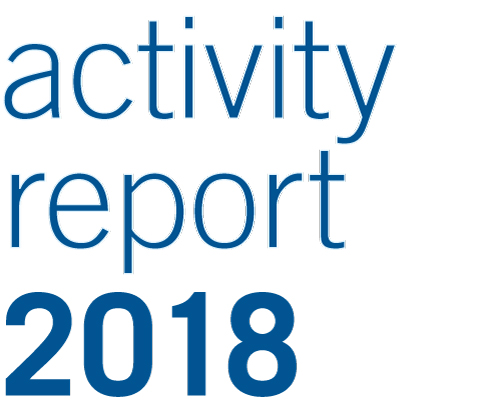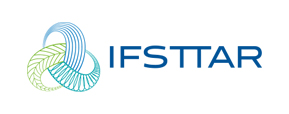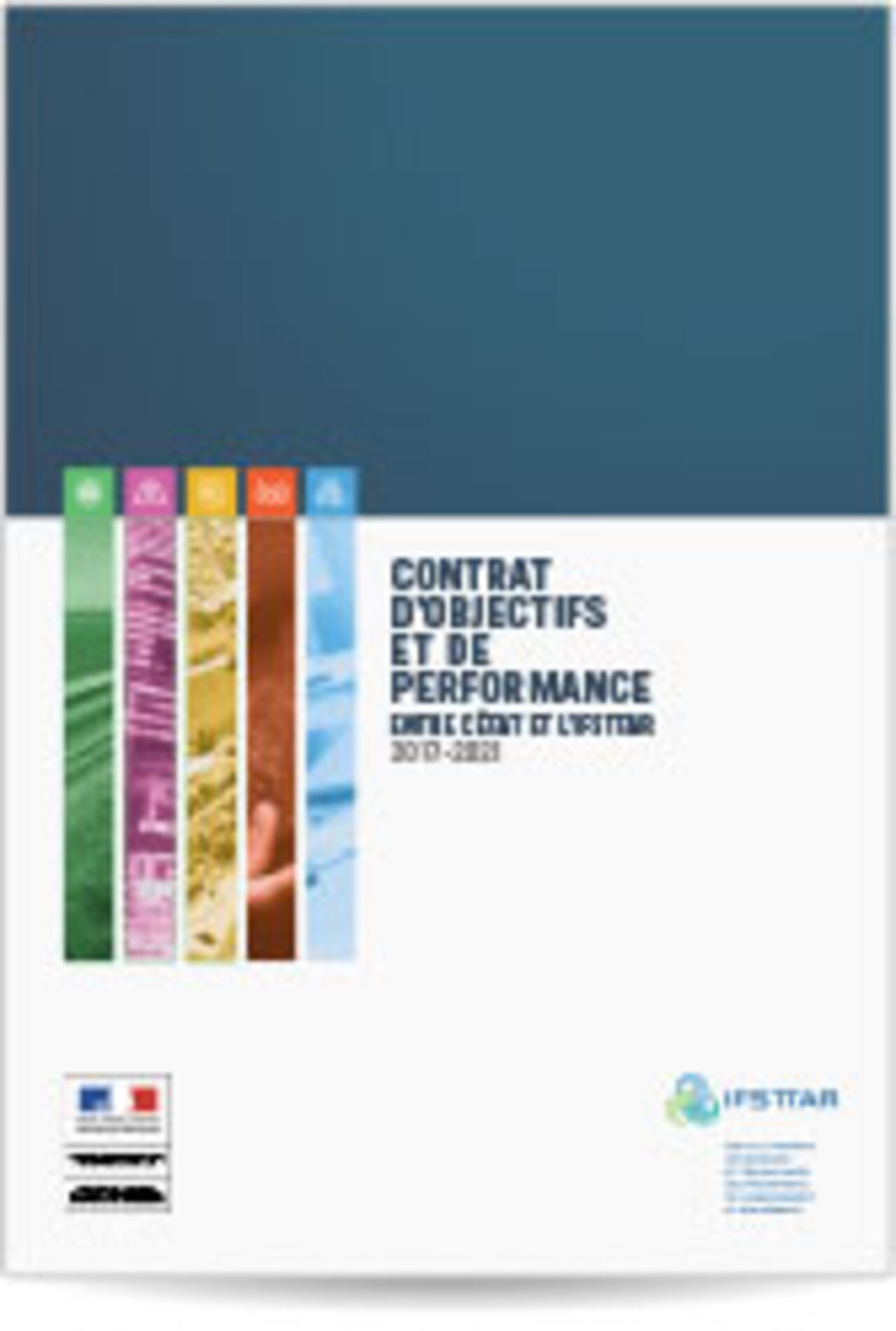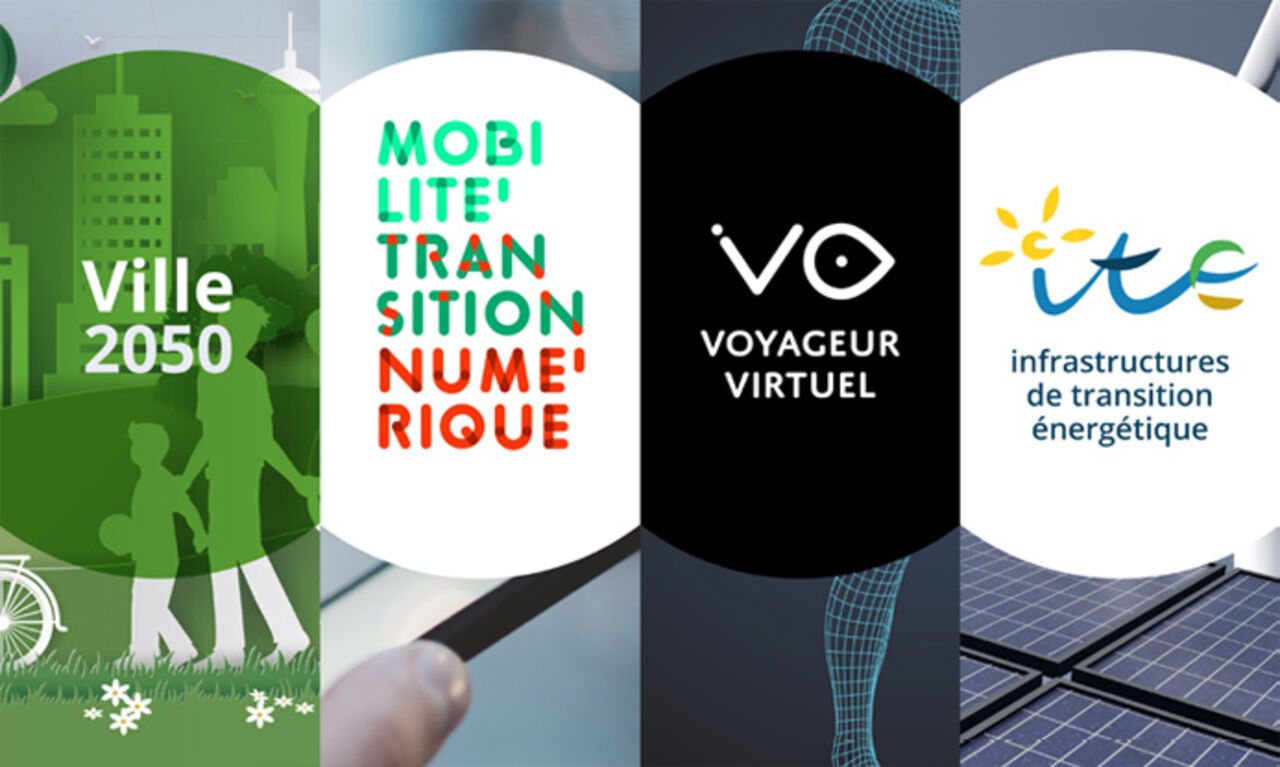Pursuing an active policy of leadership, organisation and scientific recognition
Looking ahead in this way towards the new establishment in no way prevents IFSTTAR from pursuing an energetic scientific policy.
Cross-disciplinarity and research leadership
Cross-disciplinary scientific leadership aims to manage and monitor themes defined in the Goals and Performance Contract (COP) that cut across the departments. It consists of proposing new issues on which IFSTTAR's contribution is awaited, encouraging the teams to work together when setting up projects, whether contract-based or internal, and proposing new approaches or instruments for research governance.
At the level of the Institute it provides a real driving force for improving scientific coherence between the various commitments that have been entered into (scientific strategy, goals and performance contract, the scientific projects of the departments, etc.) and the work carried out by the researchers. Cross-disciplinary scientific leadership also allows questions to be asked about the relevance of ongoing research work to developments in the international, European, national and regional contexts. It complements the leadership activities of the departments, which are organised according to their topics of study or disciplines.
The two examples of the "Future-oriented workshop on automated mobility" and the National Mobility Consultation show the importance of this coordination work. The skills of the five departments are called upon to address complex technical and societal issues that require interdisciplinary dialogue between the engineering sciences, life sciences and the social and human sciences.
The unifying projects actively participate in this cross-disciplinary scientific coordination by helping to respond to the most recent concerns expressed by the Ministries responsible for its technical supervision, particularly those relating to the environmental, energy and digital transitions. These are four major projects launched in 2017:
- Ville 2050, towards a sustainable ecosystem;
- Virtual traveller: Simulate humans in their environment to foresee the impacts of tomorrow's mobility.
They make it possible to set up a community of researchers who can respond to the I-Site Future calls for projects while also drawing in I-Site partners on the theme covered by the unifying project, supporting master's thesis internships, proposing topics for PhD's and organising internal and external partnerships through seminars to which French and foreign scientific figures are invited.
The transfer seminars enable IFSTTAR to consolidate its role of promoting research and supporting public policy, in line with the objectives of the COP. They strengthen IFSTTAR's key relationships with the State and its public sector partners. Jointly devised by the DRI at MTES, the DGRI at MESRI and IFSTTAR, they provide a link between the users of research and researchers. Public policies thus benefit from advances in knowledge from research and IFSTTAR’s assessment capabilities, while research benefits from a context in which to conduct research and sources of inquiry.
Seven seminars were held in 2017 and five in 2018. The topics were as follows: rail safety, data for road safety, autonomous mobility, new testing and monitoring methods, eco-materials, infrastructure and the energy transition, the coast and flooded zones, and lastly pollutants. Feedback on these seminars is already very positive.
Support for doctoral students
Since its creation in 2011 and until the end of 2018, IFSTTAR has trained 642 PhDs. Their employment rate (both fixed-term and permanent contracts) after one year is 90% for students who earned their doctorate in 2017, for the third year running. It is higher than 93% for those who gained their PhD in previous years. The overall response rate to the survey is 97%, which is much higher than for national surveys.
191 “IFSTTAR” doctoral students are currently working at IFSTTAR or in its jointly-managed research units. While they are working on their thesis they are the subject of continual attentive monitoring, in a way that has been formalized since 2013 as part of a quality process. 19 other students are waiting to defend their thesis.
Thesis funding is becoming more and more diversified, and calls for considerable foresight on the part of all researchers and constant adaptation on the part of IFSTTAR's various departments.
Seventy-one (37%) of the doctoral students have subsidised contracts with IFSTTAR, sometimes with co-financing from the Regions (Pays-de-la-Loire, Hauts-de-France, Bourgogne-Franche-Comté, Provence-Alpes-Côte d'Azur), another organisation (CEREMA) or research contracts. Nine doctoral students (5%) are co-financed by IFSTTAR, through an 18-month fixed-term contract. The other sources of jointly-financing consist of another organisation (Adème, Météo France...), or a foreign university for co-supervised research (Canada, China). Research on 30 theses (16%) with a CIFRE contract is currently ongoing, 21 of which have an IFSTTAR accompanying contract. Twenty theses (10%) are fully funded by a research contract. Sixty-one (32%) receive funding from various sources (ITPE4A, IPEF, IFSTTAR, doctoral or fixed-term contracts from other organisations or universities, IRTs and ITEs...).
In 2018, IFSTTAR awarded 23 doctoral contracts, representing a financial commitment of €2.3 million. In addition, 11 doctoral contracts were signed with an external employer. Work on 11 CIFRE theses, 5 theses with a research contract, 7 theses with fixed-term contracts (including 2 theses that are co-supervised with Canada and China) and 3 ITPE4A theses have commenced. In all, work on 63 PhDs was started in the Institute's laboratories or jointly-managed research units. At the end of the process, 67 theses were defended in 2018.
Changing research structures
IFSTTAR's research structures are evolving in order to adapt not only to local contexts but also to changing themes and staff. In 2018, the two "structures" laboratories that are part of the MAST department, SDOA and EMMS, merged to create the "Testing and Modelling for Civil and Urban Engineering" laboratory EMGCU, within the MAST department. An embryonic team in New Aquitaine ERENA (COSYS department), a joint research team that brings together Agro Campus Ouest via its EPHOR unit and the Water and Environment Laboratory of the GERS department. Several other projects for joint teams are in the pipeline.
Paving the way for HCERES’ evaluation of our departments
2019 is a pivotal year in the construction of the future establishment. It is based on the preparation in 2018 of the HCERES evaluation of its departments (and the Environmental Acoustics Unit it manages jointly with CEREMA). The Scientific Directorate has been supporting this preparation and coordinating the support given by the other operational directorates to the departments, in particular for the development of indicators and documents outlining IFSTTAR’s policies in the areas of quality, health and safety, as well as information systems. These items were added to the files. The evaluations, the visits for which will take place in 2019 and lead to detailed reports, will be used to build IFSTTAR's self-evaluation file and then the project for the future establishment.



